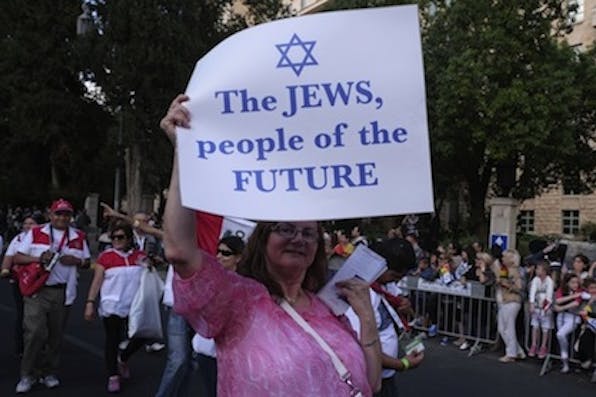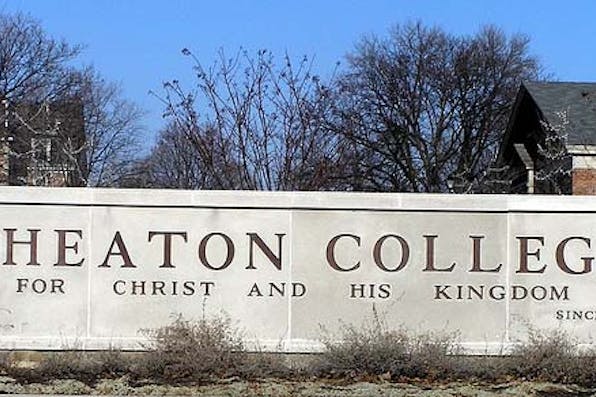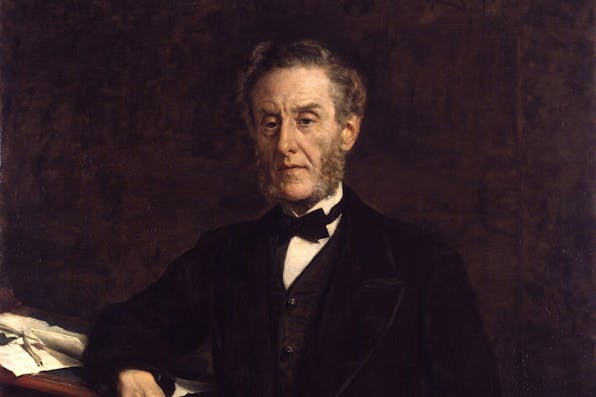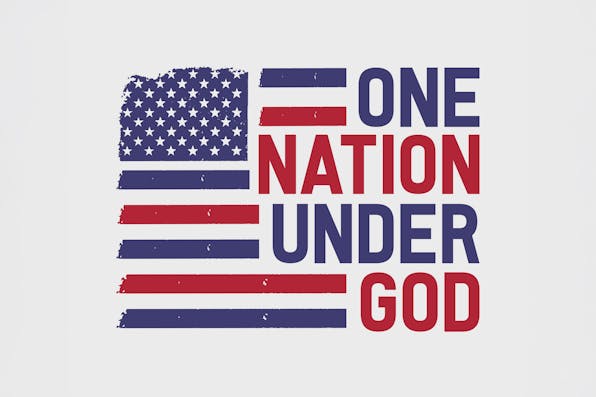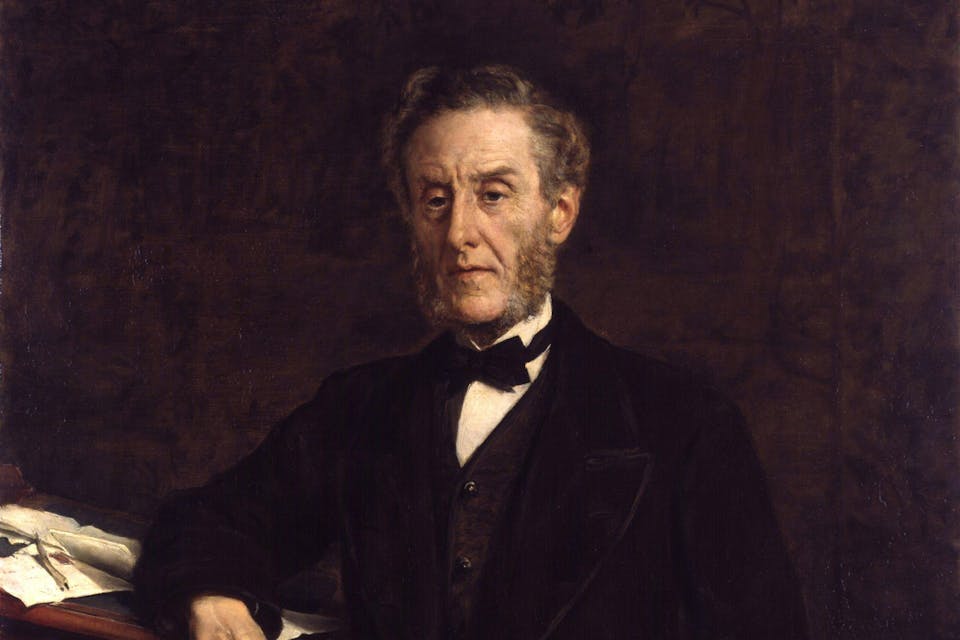
October 21, 2013
Before Pastor Hagee, There Was Lord Shaftesbury
The Victorian roots of evangelical Zionism.
The following comments are a historical footnote to Robert Nicholson’s splendid essay, “Evangelicals and Israel.” Addressing himself to American Jews, he rebukes them for being distrustful of the millions of evangelical Christians who have been staunch supporters of the Jewish state and the Jewish people. But he also rebukes the growing minority of evangelicals who have recently withdrawn that support and are now actively hostile to Israel and Jews.
Two years ago, I was provoked to write The People of the Book: Philosemitism in England from Cromwell to Churchill, in a similarly critical mode, reproaching the present-day English (not English Jews) for betraying their own evangelical tradition, which was so respectful of the Jewish religion and people and so enthusiastic in favor of a Jewish state, and for succumbing to an anti-Israel fervor very nearly indistinguishable from anti-Semitism.
Evangelicalism was at its height in England in the early 19th century, with Lord Ashley (later the Seventh Earl of Shaftesbury) its most prominent and vigorous champion. “An Evangelical of the Evangelicals,” he described himself. It was evangelicalism that prompted both his zeal as a social reformer (of factories, education, and child-labor practices) and as a “missionary,” as he saw it, to and from the Jews. “Who will be the Cyrus of Modern Times,” he inquired in his diary in 1826, “the second Chosen to restore the God’s people?” (Cyrus, king of ancient Persia, permitted the exiled Jews to return from Babylonia to the land of Israel.)
